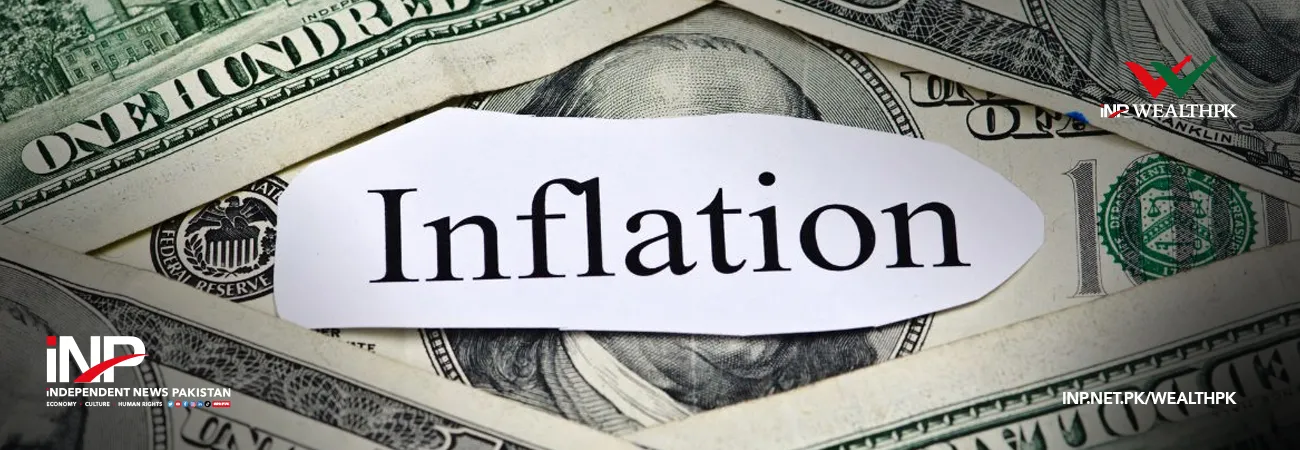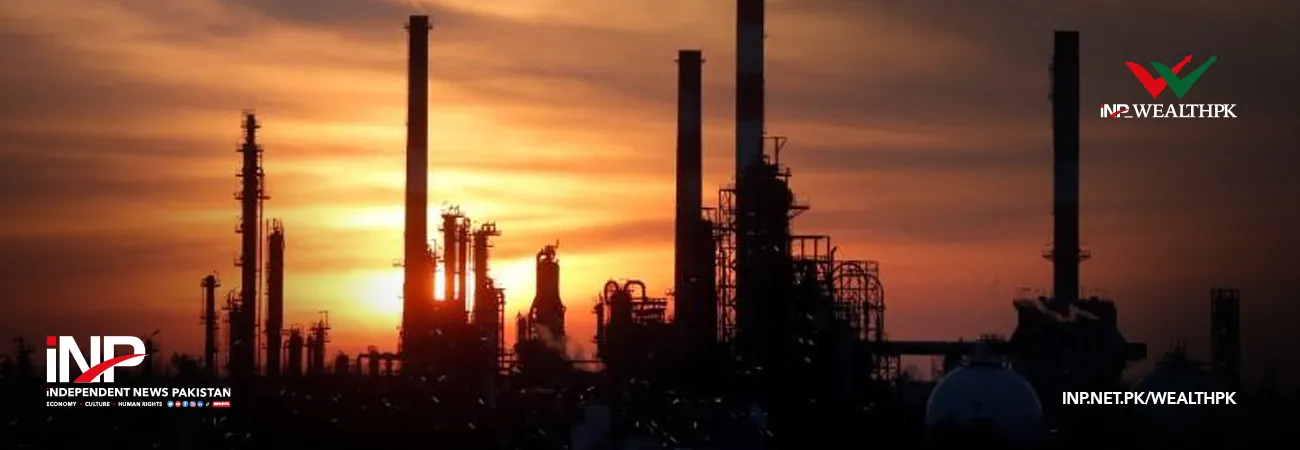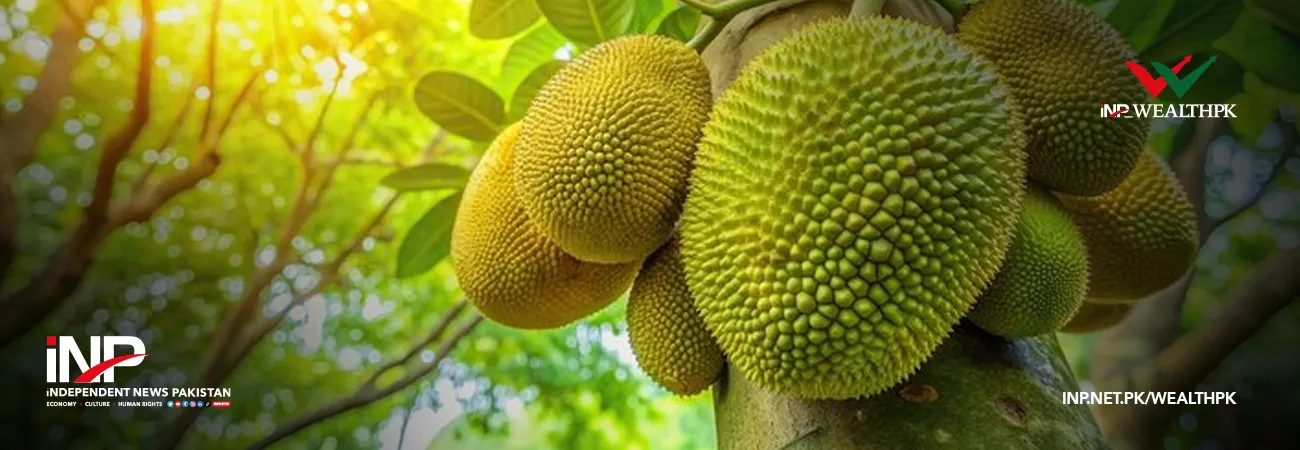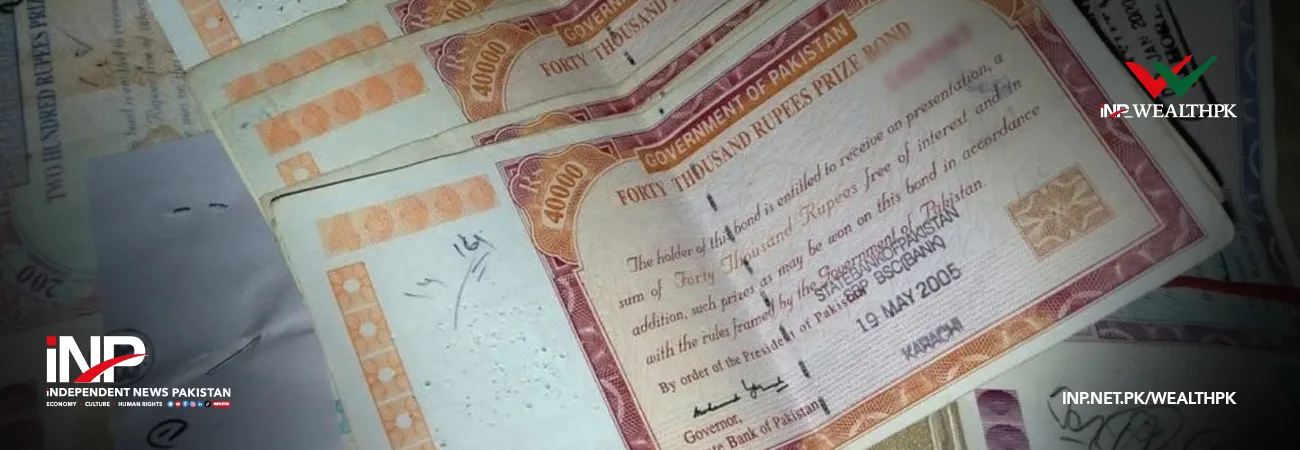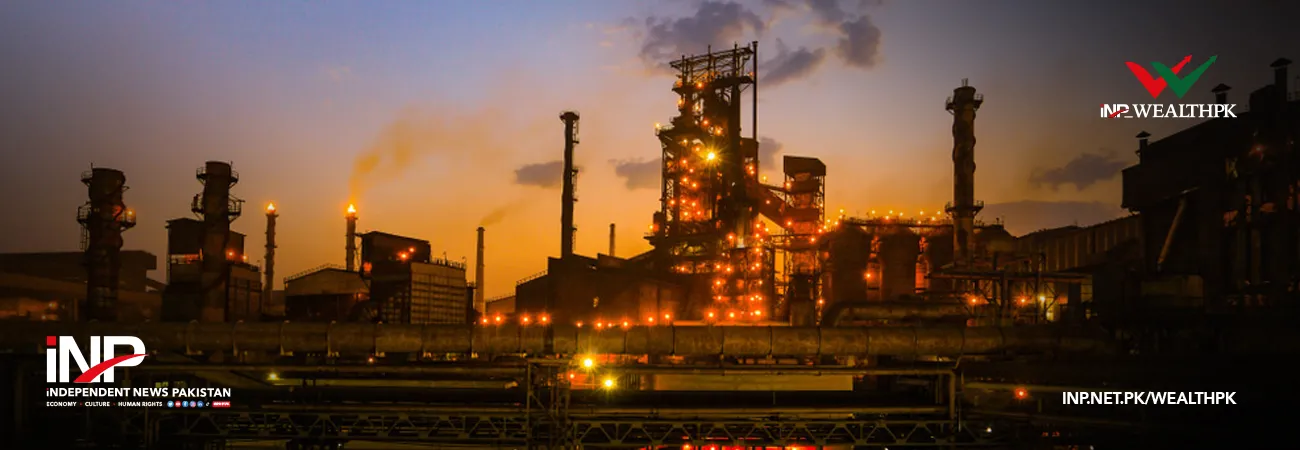INP-WealthPk
Ayesha Saba
The State Bank of Pakistan’s (SBP) commitment to addressing inflation and cutting the policy rate is commendable. However, without deep-rooted economic reforms and policy stability, the business community will continue to encounter significant challenges in maintaining competitiveness and fostering sustainable growth, opined experts while talking to WealthPK.

Dr. Waqas Ahmed, development economist at the Centre for Business and Economic Research (CBER), said the recent decision by the central bank to cut the policy rate has provided some relief to businesses in terms of reduced borrowing costs, but this sole move is insufficient to address the underlying economic issues. He believed without structural reforms, including diversification of economy and improvement in export competitiveness, the impact of monetary policy changes would remain limited. Moreover, he emphasized that Pakistan’s economic challenges were deeply intertwined with the lack of stability in policymaking.
Frequent changes in government policies, especially in tax regimes and trade regulations, have created an environment of uncertainty for businesses, discouraging investment. A stable policy environment, he argued, is critical for long-term economic growth, as businesses need predictability to plan and make informed decisions. He advocated targeted measures to support businesses, such as reducing their tax burden and providing access to cheaper finance. Another critical factor contributing to the challenges faced by businesses is the taxation system, which many experts believe, is inefficient and burdensome.
Talking to WealthPK on the condition of anonymity, an official from the Pakistan Business Council emphasized the need for comprehensive tax reforms that simplify the system and make it more conducive to the business growth. He noted that the complexity of tax compliance, along with the high rates, is pushing many businesses into the informal sector, reducing the overall tax base and further straining the public finances. He also pointed out that the tax-to-GDP ratio remained one of the lowest in the region, creating implications for the government’s ability to invest in critical infrastructure and public services.
Talking to WealthPK, Muhammad Jawed Bilwani, President of Karachi Chamber of Commerce and Industry (KCCI), criticized the SBP’s decision to reduce the interest rate by only 200 basis points to 13%. He emphasized that the business community had been seeking a reduction of 400 to 500 basis points. He argued that the current rate was too high and should be lowered further to between 5% and 7% in line with countries like India (6.5%), Vietnam (4.5%), and Bangladesh (10%).
President of Federation of Pakistan Chambers of Commerce and Industry (FPCCI) Atif Ikram Shaikh welcomed the 2% interest rate reduction but argued it was insufficient given the current economic conditions. He emphasized that with inflation now at a 78-month low of 4.9%, the policy rate should be swiftly reduced to the single digit. Shaikh acknowledged the positive economic indicators, including the rising foreign exchange reserves and current account surplus. He said further rate cuts would stimulate economic growth and business activity.
Credit: INP-WealthPk



